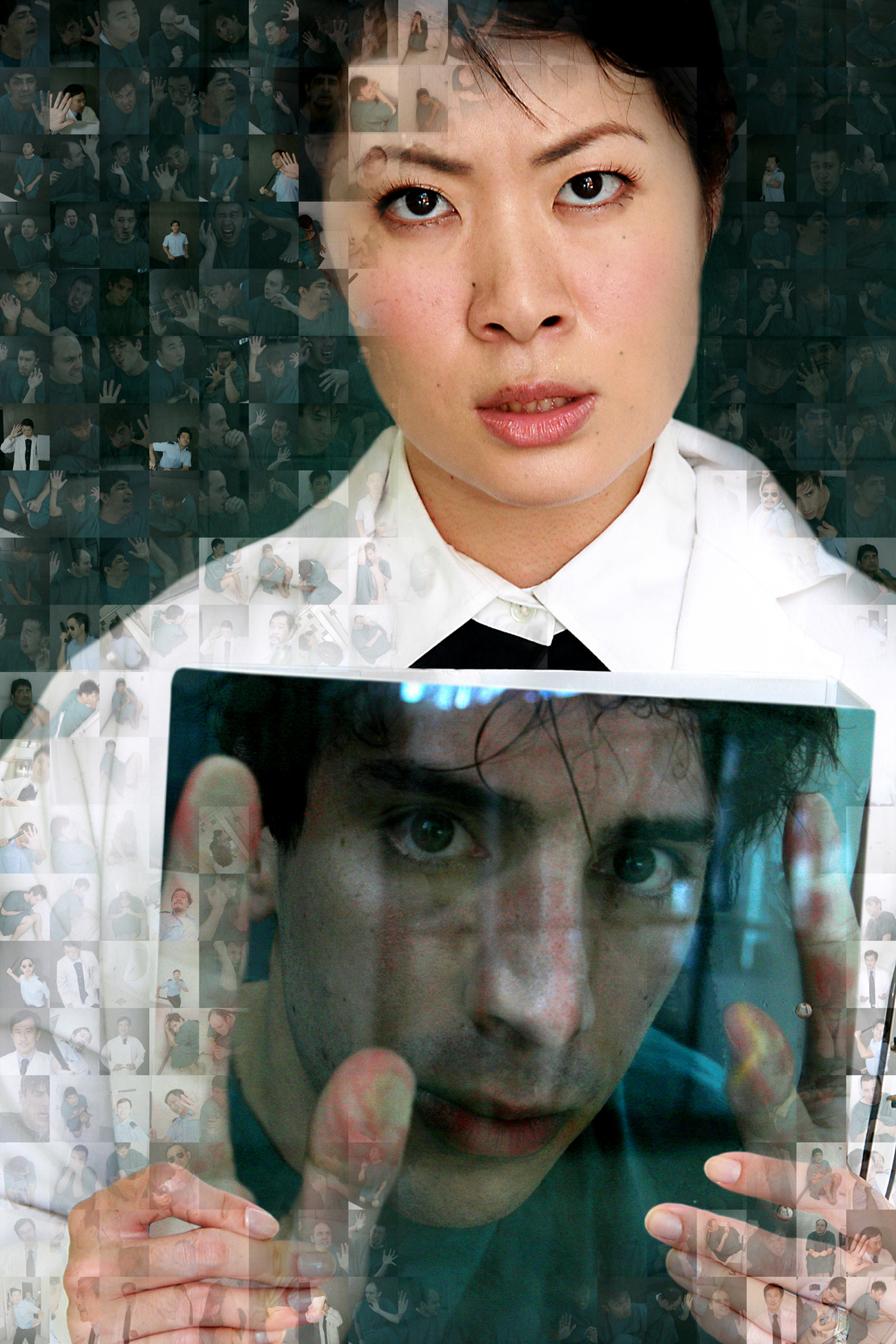Do you really know yourself? This November, Blank Space Productions, part of Escape Theatre, makes you reflect on this, as it brings you face to face to the evil that lurks just under the surface of ordinary people, with its staging of Das Experiment: Black Box.
If you’re not familiar with Mario Giordano’s Black Box novel on which Das Experiment: Black Box is based, the play reveals how a group of volunteers’ identities change shockingly for the worst, when one group is randomly assigned the role of prison guards and another of the convicts.
This local theatre production, which stars familiar names such as Beatrice Chia-Richmond, Gerald Chew and Jonathan Lim, takes a look at how a simple controlled psychological experiment unravels into gut-wrenching human tragedy.
This unconventional and disquieting play, is “perhaps the most organic piece of theatre I have worked on so far,” play producer and actor Claude Girardi told Urbanwire in his smooth Australian accent
Guided, just as the novel was, by the Stanford Prison Experiment in 1971, this play studies the tremendous effect on people’s personalities when they are suddenly placed in positions of almost absolute power and conversely powerlessness. Extrapolating this to extremes, you might even wonder if the inhumanly savage and cruel treatment of concentration camp victims by Nazi soldiers was not a very intense warping of characters created when ordinary people found themselves in extraordinary and tragic circumstances.
As these were just ordinary people acting out, with greater and more frightening conviction, parts given to them, there is an interesting dimension when trained actors play these people who are trying to act.
Therefore, preparation for Das Experiment: Black Box meant “no acting to start with” said actor R. Chandran.
“As an actor you have to really respond, work off other people and really have a 100 percent dependence on one another,” added Girardi.
Placed in a situation of uncertainty for a long time, “It was like being in the actual situation, physically doing nothing and continuously wondering what another person might do,” Chandran said.
In such situations, “your mind starts to manifest things,” said Girardi.
To help with character profiling, Girardi and able stage director Samantha Scott-Blackhall, also hired a psychologist.
As with the Stanford Prison Experiment, actors assuming the role of either the prisoner or the guard soon were subconsciously forming illusory identifications with that particular group. Chandran recalled, “The other day we were doing a scene and I got irritated with the so-called guards.” Acting in this production “does affect you, I suppose as actors you are almost living the situation,” he said.
Chuckling, Girardi elaborates that it is interesting “at times, you can see a slight segregation between the prisoners and the guards off stage, subconsciously they split naturally”.
With a gentle smile, Chandran said, often “the prisoners stand in” their “roles automatically” even without being told.
Having studied the prison experiment in university, Girardi found its theme interesting and relevant. However, “while this play has not affected me emotionally, it has definitely change my views. I realise that people are indeed capable of doing such evil,” said Girardi. Rubbing his chin, he added sagaciously, “where the Stanford Prison Experiment did happen, yes, it was play acting to start out, but in the end it became very sadistic.”
Therefore, “it is very important for the director and the performers to always differentiate what is being put up on stage and what is reality,” Girardi noted.
Looking ahead to the international premiere of the play, Girardi spoke of how the audience reaction is most important to the cast. “Every piece of theatre is to challenge the audience.”
“In the play nobody is the hero and nobody is the villain,” said Chandran, as all individuals are different in their reactions to situations. Unlike in other plays, Girardi explains, “The audience members become silent observers.” Hence the audience is part of the experiment and is being tested.
So if you are ready to have your sense of right and wrong challenged in a very visceral way, check out this multi-sensory play, Das Experiment: Black Box, done in collaboration with the Goethe-Institut Singapore, to be staged at the The Pavilion at #01-01 Far East Square, from Nov 14 to 29.
Students pay $28 each, while adults’ tickets go at $38 for Fri and Sat shows, and $35 for other performances. Free seating.

